Argentina’s presidential hopeful Javier Milei will have to wait to turn his country into an anarcho-capitalist anti-state where the peso is swapped for the dollar, the central bank “burned down,” and half the ministries torn up. Milei had been considered the frontrunner in Argentina’s presidential election, but he was pipped to the post in Sunday’s vote by centrist rival Sergio Massa, who received 37 percent of votes to Milei’s 30 percent.
While Milei’s supporters are disappointed, all is not lost for the chainsaw-wielding climate change-skeptical, pro-life economist: a run-off showdown between Milei and Massa is set for November 18. Whichever candidate picks up the 6.3 million votes of defeated conservative candidate Patricia Bullrich, who was knocked out after winning over the Buenos Aires and nowhere else, will determine who triumphs.
Milei’s rise from fringe player to August primary election victor divided the nation
Milei, a former amateur rocker, is in favor of austerity, privatization and guns. He whizzes past crowds roaring his catchphrase “¡Viva la libertad, carajo!,” or “Long live freedom, goddamnit!,” and calls taxes a “violent act.”
At a time when two-fifths of Argentines are in poverty, many disillusioned Milei-voters perceive his more controversial views as a price they are willing to pay for the dollarization they hope will help balance the budget. In a twist of fate, the once-prosperous Argentina now has the third-worst inflation rate worldwide at 138 percent, compared to the US’s comfortable 4 percent and trailing only Venezuela and Zimbabwe. The presidential debates and the election coincided with yet more slumps in the peso.
Milei’s rise from fringe player to August primary election victor divided the nation. It incited a heated election run-up, in which those desperate to keep Milei out of the presidential mansion piled behind Massa — including those who hold him responsible, as current economic minister, for the downturn.
Massa closed his campaign by saying that “the worst” of Argentina’s economic crisis “is passing.” Many Argentines are skeptical: polls showed that half the population believe that the economic situation will worsen imminently. But Milei’s promise that “If you give me twenty years, Argentina can be converted into Italy, if you give me thirty-five, into the USA,” is also hard to believe.
Argentina’s proud loyalty to Peronism — the political movement based on the ideas and legacy of Argentine ruler Juan Perón, who rejected capitalism and communism — makes Milei’s traction surprising; libertarianism and Argentinian politics certainly do not hold a lifelong romance. Memories of the 1976-82 military dictatorship are enough to put many Argentines off right-wing parties. As a result, Peronism has held sway in Argentina for sixteen of the past twenty years.
Yet the most moderate of the Peronists, Massa, is between a rock and a hard place. Massa’s cuts in social spending to patch up the fiscal deficit are criticized as too drastic by the left, and inadequate by the right.
Indeed, Massa has earned the nickname “pancake,” having flipped around three political parties (conservatives, Peronists, and then founded his own party: the Frente Renovador). Massa is no stranger either to name-calling, saying of his rival that “Milei is not a lion, he is a little cat cozying up to economic power.”
In the coming weeks, Argentine voters must choose between the “pancake” and the “little cat.” Who they choose will be a decisive moment in Argentina’s history.
This article was originally published on The Spectator’s UK website.



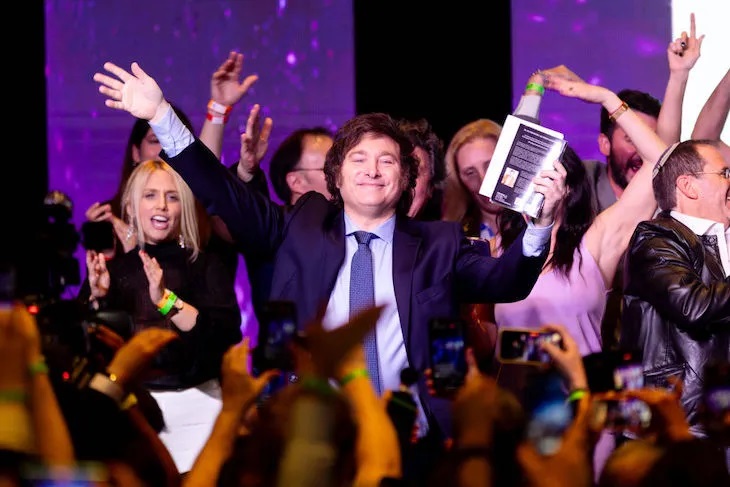










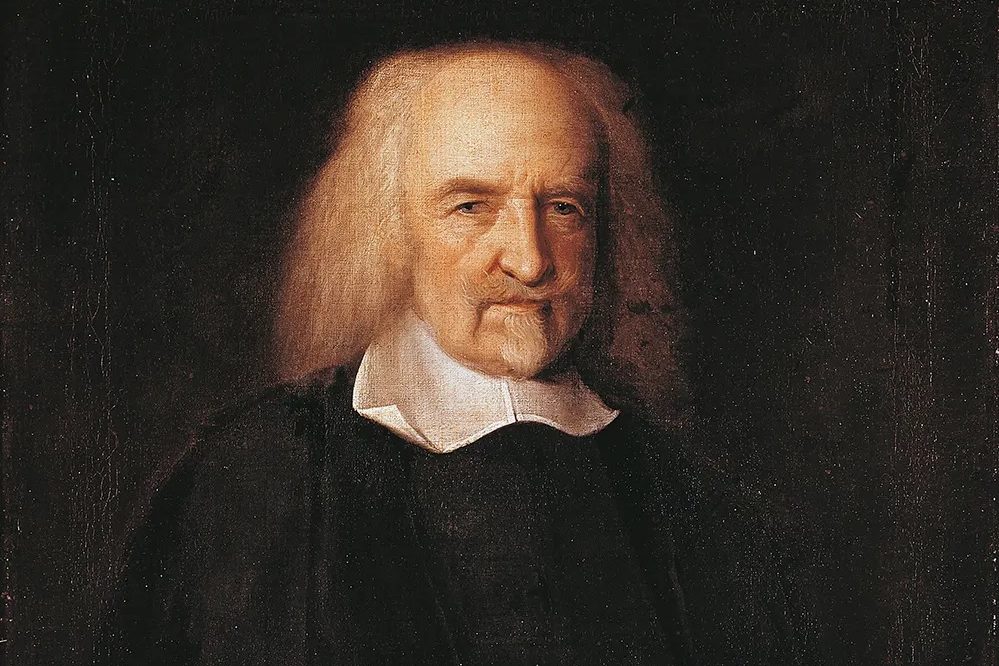
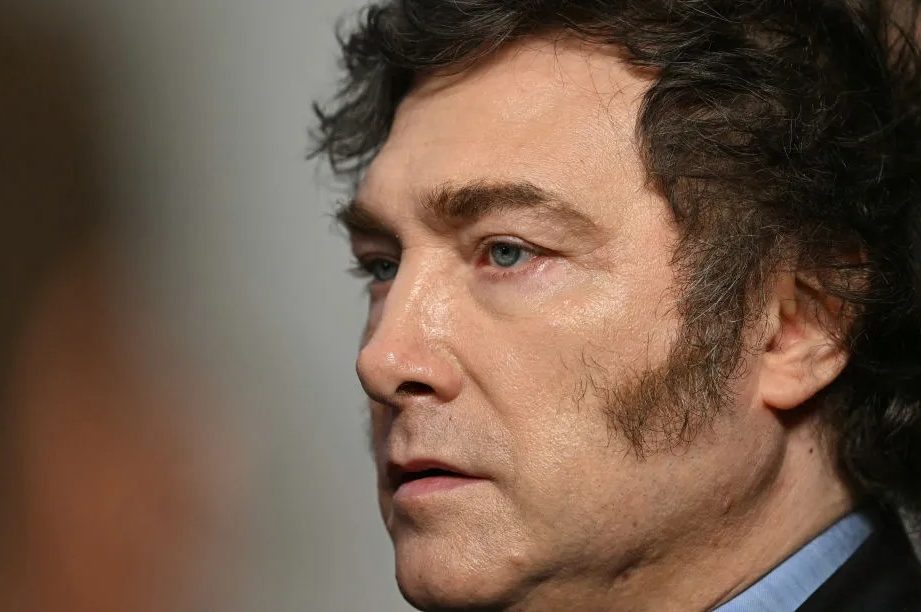
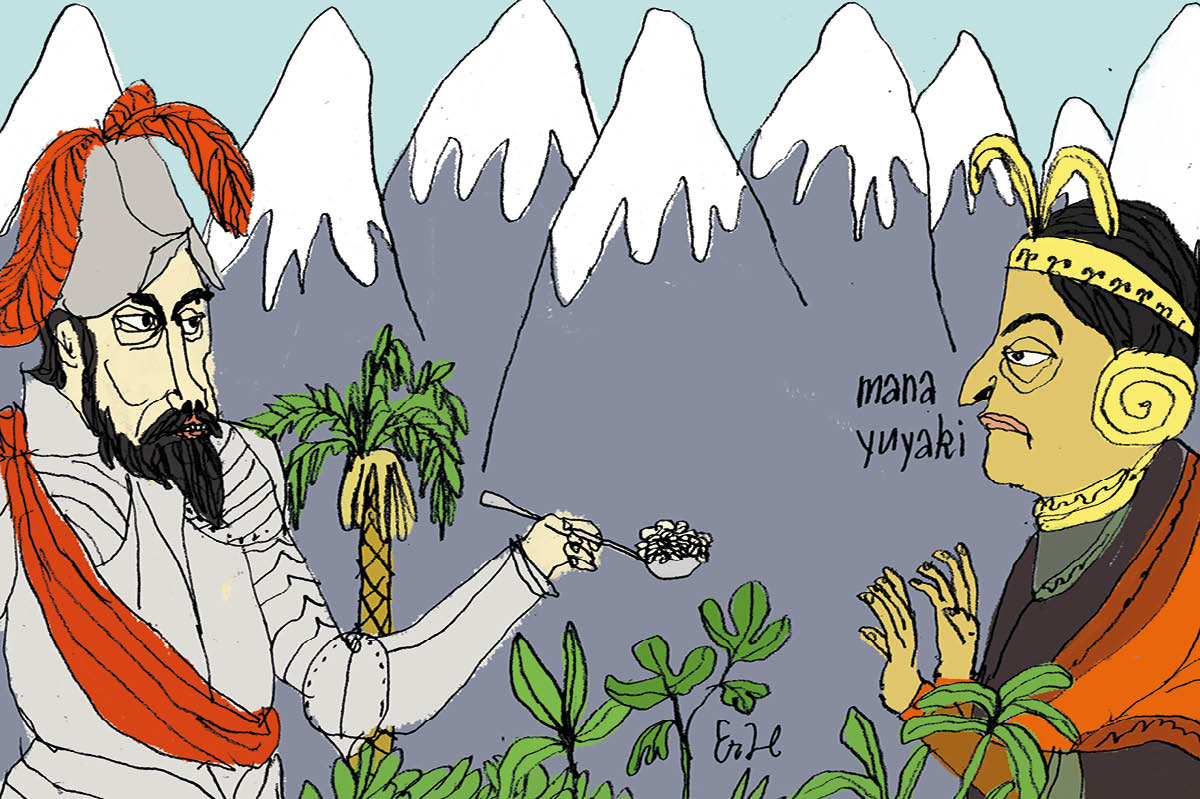
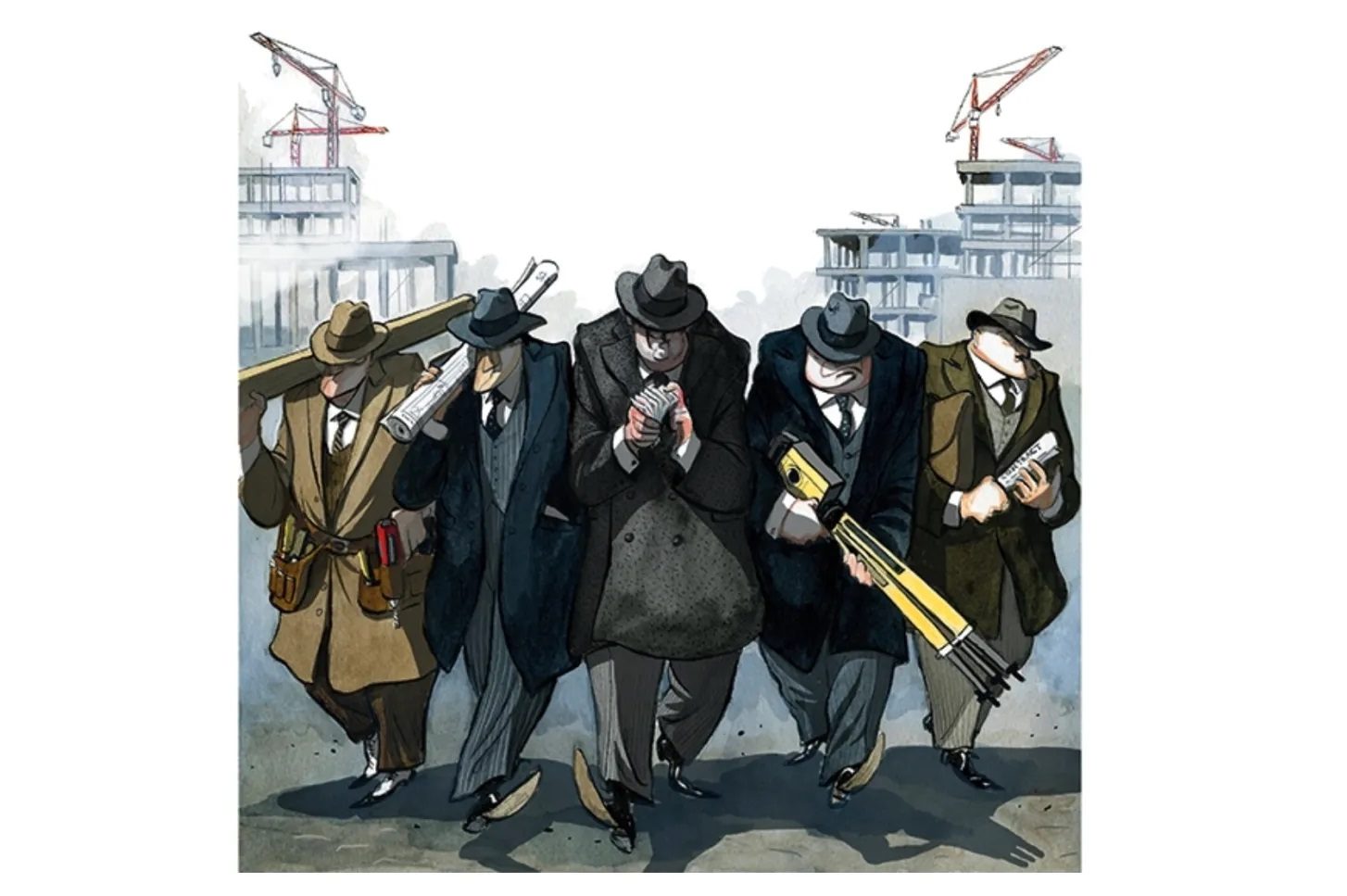








Leave a Reply